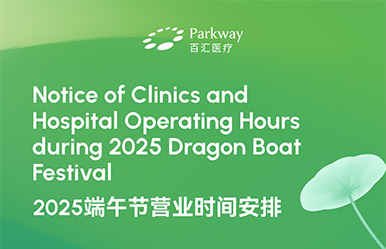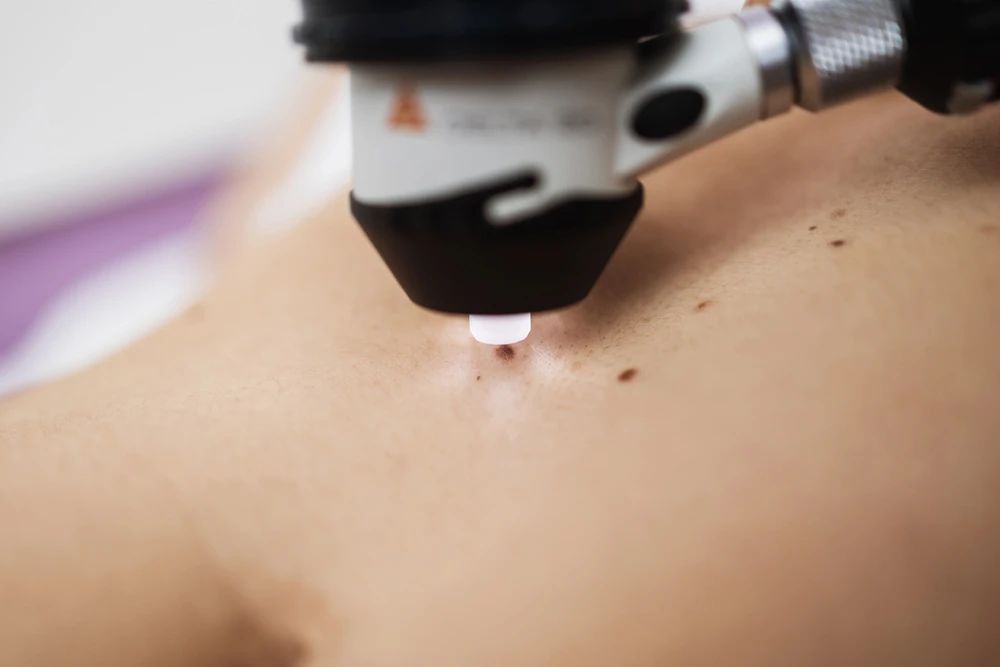Understanding Diabetes
2021-07-08

Dr. PJ Chiang, Family Physician at ParkwayHealth Suzhou, explains what diabetes is and how to manage it.
The prevalence of diabetes has been increasing throughout the years, along with obesity. If you think you may have diabetes, always consult a doctor.
What exactly is diabetes, and how can it be managed?
Diabetes is a condition where there is excess sugar, known as glucose, in the blood. This excess sugar thickens the blood, making it like syrup. This kind of elevated sugar will cause stickiness or blockages in both small and large blood vessels. This leads to increased risk of various organ damage such as:
- Eyes – including blindness
- Nerve – including numbness on the feet and risk of injury to it
- Foot infection and various other infections
- Heart disease
- Stroke and death
What is the problem in diabetes?
At the heart of it, the problem lies with a deficiency in insulin. This can be relative or absolute. Insulin is a hormone produced by the pancreas, a leaf-like gland that sits behind the stomach. When we eat carbohydrate-based foods such as rice or pasta, our body breaks them down into their basic molecule as
glucose. Glucose is the most basic molecule for sugar. As more and more sugar molecules are created, the glucose level rises in the blood, signaling the pancreas to release insulin. Insulin is the key to opening the door to allow glucose to enter the cells and be used as fuel. When there is too much glucose, it is converted into fats to be placed in our long-term fuel storage.
In Type 1 diabetes, the patient has no insulin. They have absolute insulin deficiency. Insulin has to be added to their body for them to survive.
In Type 2 diabetes, the issue lies with insulin resistance. With increasing obesity, there is a corresponding increase in the resistance to insulin. This increased resistance makes insulin less effective and hence the term relative insulin resistance. In the early stages of Type 2 diabetes, oral medications can be used to great effect. However, as time and the disease progresses, the pancreas might not produce so much insulin anymore. The patient might tip into absolute insulin deficiency where insulin has to be added to maintain good control of diabetes.
How do you diagnose diabetes?
Knowing how to diagnose diabetes is important. According to the U.S Center for Disease Control and Prevention, 21.4% of diabetes patients in the U.S were not aware that they had diabetes in 2017.
A diagnosis of diabetes is made if:
- Fasting glucose of ≫ 7.0 mmol/L
- Two hours post a 75g glucose tolerance test of ≫ 11.1 mmol/L
- Random glucose of ≥ 11.1 mmol/L
- Hemoglobin A1c > 6.5
Management of diabetes
The management of diabetes should be both comprehensive and customized for the particular patient. There is no one management plan that fits everyone.
Comprehensive
To manage diabetes is to manage all the consequences that can arise from diabetes, not just the glucose levels.
There are screening tests that easily allow us to detect if the organs that are at risk for patients with diabetes have been affected. These tests should be carried out regularly.
Customized
There are millions of people who are suffering from diabetes, and no two are identical. Their disease is a contribution of both genes and environment, which in this case is the resistance to insulin that arises from obesity.
Depending on the circumstances of the patient and the various other diseases that the patient is suffering from, customization has to be done for the overall long-term control of diabetes (measured as the Hgba1c) and the medication that will best suit the particular patient.
With advancing technology, more drugs have been discovered to act on complementary aspects of diabetes. In addition to controlling the sugars, they might have additional benefits such as preserving the function of the pancreas as well as weight loss.
Hence, the initiation of drugs and which drugs to use ought to be discussed between the doctor and the patient to select the most appropriate one for the patient.
For the management of chronic diseases, drugs should go hand in hand with proper nutrition. Since the body cannot handle carbohydrates efficiently, it would be good to cut down on the percentage of “processed” carbohydrates in the diet to less than 20% of overall daily nutrition.
If you need further advice on how to treat and manage diabetes, speak to a specialist. For more information or to make an appointment with our family physician, please contact us at 400.819.6622 (Shanghai) or 0512-67903490 (Suzhou).
Article reviewed by Dr. PJ Chiang, Family Physician at ParkwayHealth Suzhou

Copyright: Health Plus an online health and wellness web resource developed by Parkway Singapore





























